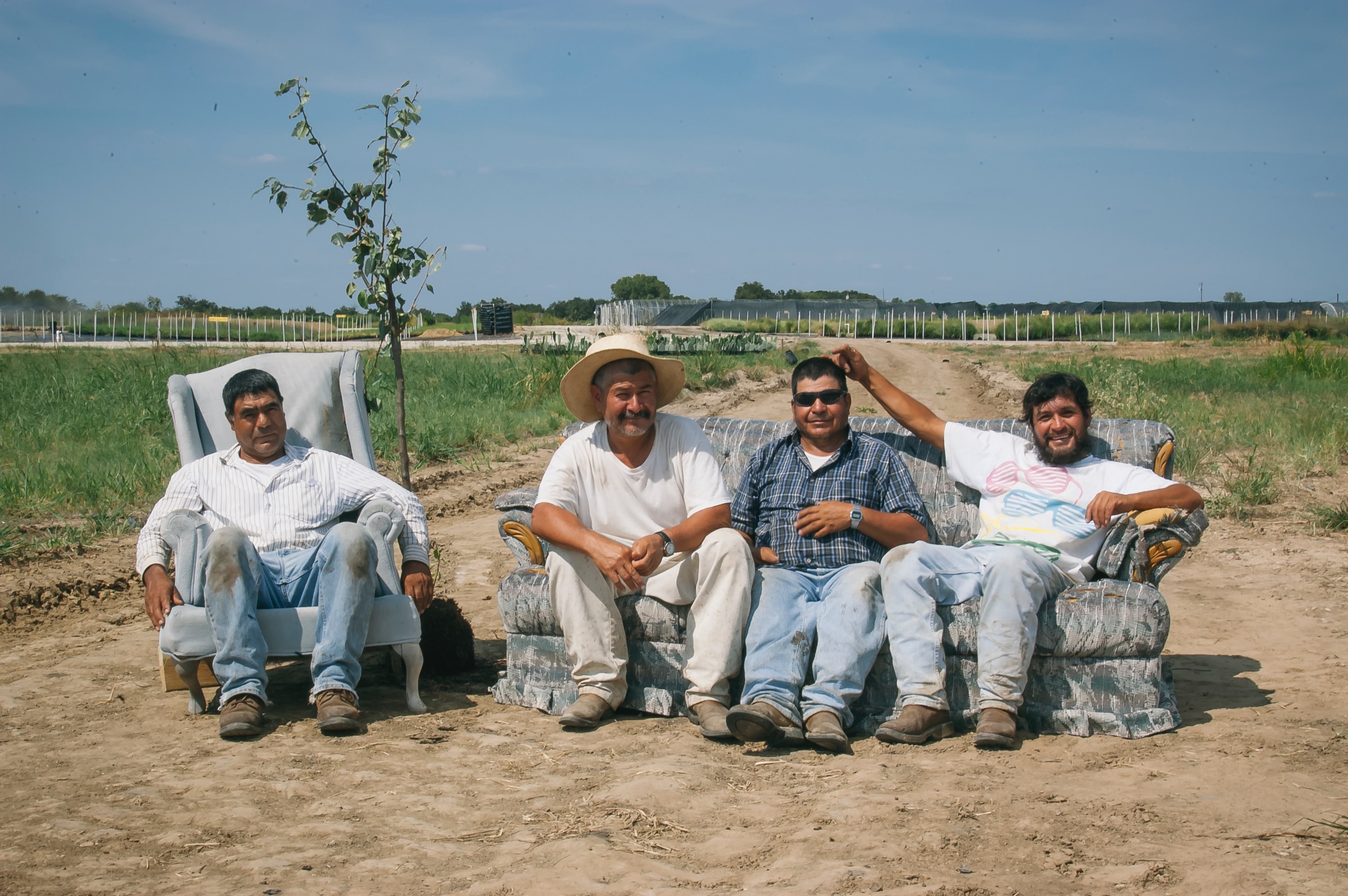In the nick of time, on December 21, 2023, the Department of State announced that it will continue its interview waiver policy for certain nonimmigrant visa applicants. The agency’s interview waiver policy was previously set to expire on December 31, 2023. However, its implementation will continue starting on January 1, 2024, and remain in place until further notice.
Following consultations with the Department of Homeland Security (DHS), the Secretary of State has determined that the following categories of interview waivers are in the national interest. Based on this directive, Consular Officers now have the authority and discretion to waive the in-person interview for:
- First time H-2 visa applicants (temporary agricultural and non-agricultural workers); and
- Other nonimmigrant visa applicants applying for any nonimmigrant visa classification who:
-
- Were previously issued a nonimmigrant visa in any classification, unless the only prior issued visa was a B visa; and
- Are applying within 48 months of their most recent nonimmigrant visa’s expiration date.
-
The Department of State reminds applicants who are renewing a nonimmigrant visa in the same classification within 48 months of the prior visa’s expiration date, that they will continue to be eligible for an interview waiver until further notice.
 Visa Lawyer Blog
Visa Lawyer Blog




